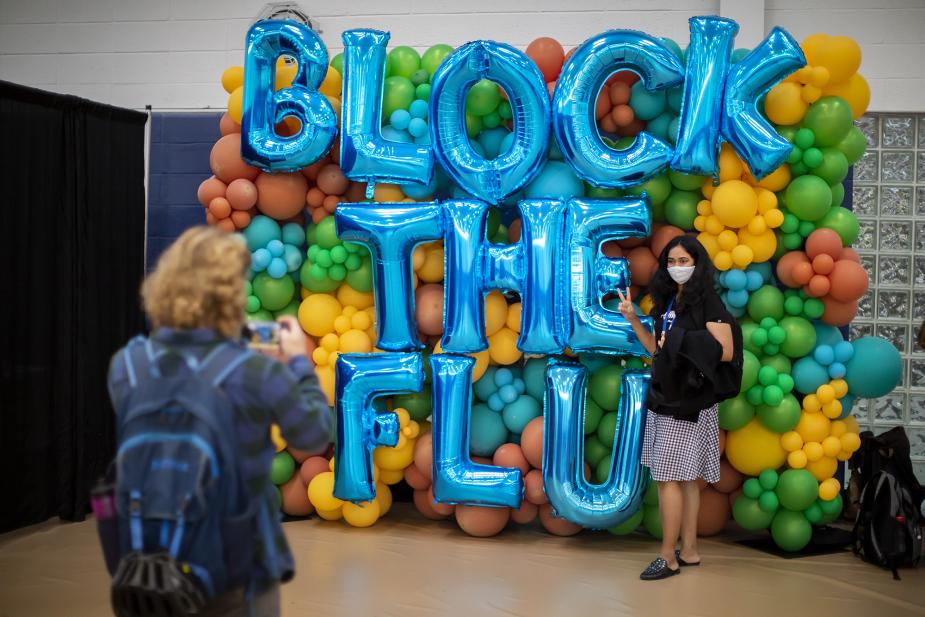
Wellness at Penn
At Penn, we don’t just mean physical health when we talk about Wellness. We recognize eight domains of Wellness: physical, emotional, social, intellectual, environmental, financial, occupational, and spiritual wellness.
We’re committed to creating and sustaining a campus-wide community of CARE—compassion, accessibility, respect, and empowerment—for all students throughout their journey at Penn. We accomplish this by designing strategies to address individual student needs and engage public health initiatives that consider our broader community needs. Wellness at Penn is a comprehensive campus-wide network of care that ensures our community has access to the support, education, and clinical resources needed to promote wellbeing.
Student Health and Counseling
Student Health and Counseling houses the primary care and psychological care support systems at Penn.
Penn is committed to providing accessible, cost-effective, and student-centered care including primary care, gynecologic care, LGBTQ+ care, sexual health, sports medicine, and travel medicine. Students can access medical services through the Hospital of the University of Pennsylvania, located adjacent to campus, and in our Student Health Center. Learn more about medical care available at Penn.
Culturally-focused mental health counseling services are available for all students—including individual therapy, group therapy, and drop-in conversations. Learn more about counseling available at Penn.

Celebrating getting vaccinated at a Penn Wellness 'Block the Flu' event.
Public Health and Wellbeing
Creating a community of care involves a multi-channel approach with collaboration across campus to center the health and wellbeing of our students, faculty, and staff. This includes initiatives to educate our community on the current policies for communicable disease surveillance and prevention, insurance and immunization, health policy, and substance use. Wellness at Penn also provides access to training by clinicians for community members on topics like mental health beliefs and biases; signs of stress, distress, and crisis; practicing mindfulness; sexual health; imposter syndrome; and sleep hygiene.
